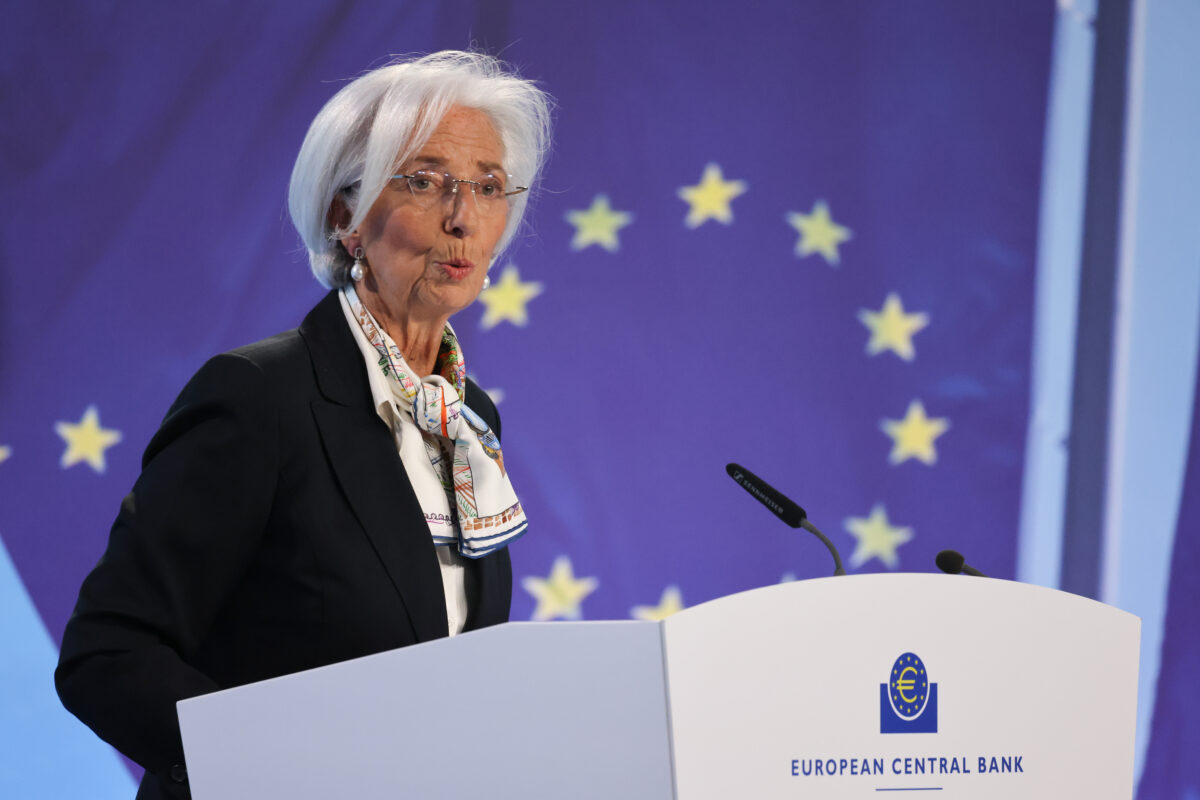Die US-Verbraucherstimmung Uni Michigan (1.Veröffentlichung für August) ist mit 92,1 deutlich schwächer ausgefallen als erwartet (Prognose war 97,2; Vormonat war 98,4). Das ist der schwächste Wert seit Jahresbeginn! Grund dafür sind die ab September startenden weiteren Zölle gegen China („Consumers strongly reacted to the proposed September increase in tariffs on Chinese imports, spontaneously cited by 33% of all consumers in early August“)
Die Einschätzung der aktuellen Lage liegt bei 107,4 – das ist der schlechteste Wert seit Ende 2016 (Prognose war 110,4; Vormonat war 110,7)
Die Konsumentenerwartung liegt bei 82,3 (Prognose war 89,0; Vormonat war 90,5)
Dazu schreibt Richard Curtin, der die Umfrage betreut:
„Consumer sentiment declined in early August to its lowest level since the start of the year. The early August losses spanned all Index components. Although the Expectations Index recorded more than twice the decline in August as the Current Conditions Index (-8.2 versus -3.3), the Current Conditions Index fell to its lowest level since late 2016. Monetary and trade policies have heightened consumer uncertainty—but not pessimism—about their future financial prospects. Consumers strongly reacted to the proposed September increase in tariffs on Chinese imports, spontaneously cited by 33% of all consumers in early August, barely below the recent peak of 37%. Although the announced delay until Christmas postpones its negative impact on consumer prices, it still raises concerns about future price increases. The main takeaway for consumers from the first cut in interest rates in a decade was to increase apprehensions about a possible recession. Consumers concluded, following the Fed’s lead, that they may need to reduce spending in anticipation of a potential recession. Falling interest rates have long been associated with the start of recessions—see the featured chart. Perhaps the most important remaining pillar of strength for consumer spending is favorable job and income prospects, although the August survey indicated some concerns about the future pace of income and job gains. It is likely that consumers will reduce their pace of spending while keeping the economy out of recession at least through mid 2020.“
Kommentare lesen und schreiben, hier klicken












